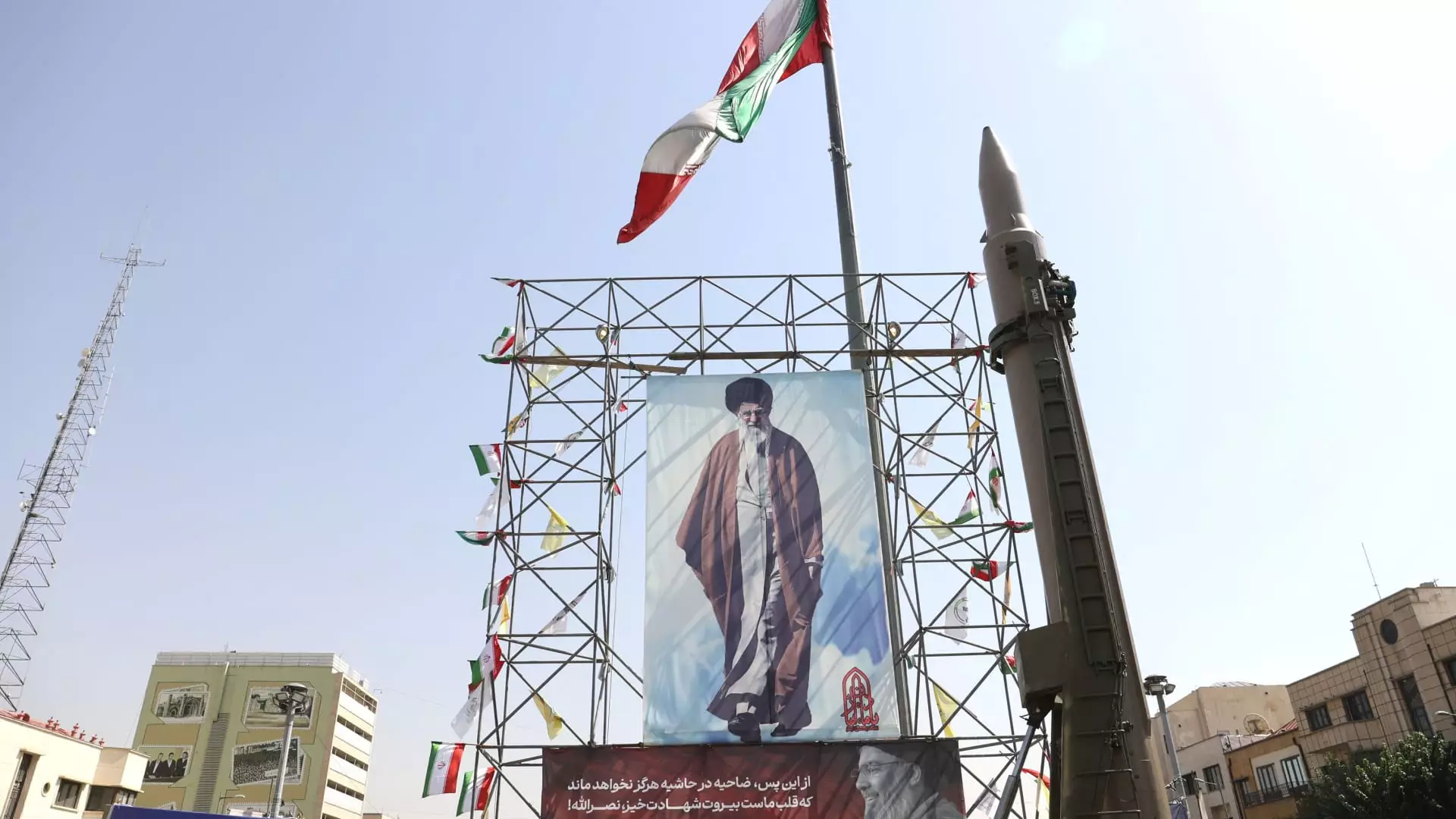As President Trump embarks on what may become his second term, the Iranian landscape could face seismic shifts, despite his earlier withdrawal from the 2015 nuclear deal, which plunged American-Iranian relations into tumultuous depths. In an unexpected pivot from his previously aggressive stance, Trump has expressed a willingness to negotiate, sending a letter to Supreme Leader Ayatollah Ali Khamenei. The irony here is palpable; the very leader who once deserted diplomatic avenues now seems to be courting them with the promise of dialogue. Yet, this newfound enthusiasm comes draped in the cloak of “maximum pressure” sanctions, a contradiction that raises eyebrows. Is this a genuine attempt to mediate, or merely a façade masking a more elaborate strategy aimed at bolstering his domestic narrative?
Trump’s jarring remarks—expressing his preference for a deal over bombast—might complicate global perceptions. The dilemma for diplomatic engagement here is glaring: how can negotiations take place when one side remains immersed in economic strangulation? The public picture painted by Trump is one of open-handed negotiation, yet the strategic undercurrent feels more like a wolf in sheep’s clothing. When you dig deeper, one has to question whether this is a genuine olive branch or a tactical maneuver aimed at distracting from other domestic calamities.
Iran’s Escalating Nuclear Ambitions: Bluster or Strategy?
The juxtaposition of Iran’s escalating nuclear program with Trump’s fluctuating approach begs a critical examination of power dynamics. While Tehran claims its nuclear advancements serve peaceful intentions, the reality is far more sobering. The enrichment of uranium to levels previously unheard of among non-nuclear states raises legitimate fears of weaponization. It’s a dangerous game, one that poses significant risks, not only to regional stability but also on a global scale, as the International Atomic Energy Agency (IAEA) warns of the potential ramifications.
Iran’s insistence on its right to enrich uranium stands on a precarious ledge. They may argue their program is aimed at energy production, a narrative that rings hollow given the euphoria of producing uranium at 60% purity. The sheer audacity of enriching uranium beyond stipulated limits not only provokes ire but also illustrates Iran’s willingness to play a high-stakes poker game. In the context of international diplomacy, such maneuvers can backfire spectacularly if perceived as a calculated escalation rather than an earnest bid for energy independence.
The Psychological Games at Play
In the complex tapestry of Iran’s relations with the U.S., an element of psychological warfare is at play. Trump’s insistence on “maximum pressure” sanctions—while simultaneously seeking a diplomatic solution—creates a paradox that breeds distrust. The Iranian public, having witnessed the chaotic and unpredictable nature of Trump’s presidency, is left grappling with skepticism. Bijan Khajehpour aptly points out that the discord shows how fractured public trust and perception can become an almost insurmountable barrier to productive negotiations.
Moreover, Trump’s tactics have created an environment where Iran feels cornered, fueling an inherent resistance to capitulation. The fear that any concession might plunge them deeper into economic chaos overshadow their desire to come to the table. Iran’s historic reluctance to engage under duress accentuates the importance of addressing grievances in earnest rather than coercively. The ongoing saga of heavy-handed diplomacy exemplifies how ineffective dialogue can lead to destructive outcomes.
The Price of Muddling Through: A Dangerous Gamble
With escalating sanctions and increased enrichment, Iran finds itself ensnared in a quagmire. Leaders are likely moving toward a strategy of “muddling through,” buoyed by the notion that time may play in their favor. While this approach may seem pragmatic, it comes with a heavy cost. In an era of rapidly shifting geopolitical alliances and a precarious balance of power, Iran’s reluctance to engage meaningfully with the U.S. can lead to dire consequences—not just for themselves but for the entire region.
By adopting this ambivalence, Iran risks falling into a vortex of isolation. While the government may outwardly project confidence, the internal pressures from economic woes, regional failures, and international sanctions are palpable. It’s a classic case of the soaring bird on the horizon—looks majestic from afar, but when examined closely, it flutters through the chaos of vulnerability.
What Lies Ahead? A Step Toward Protracted Conflict
As we project into the unknown of Trump’s potential second term and continue to engage with Iran’s capricious game of brinkmanship, it becomes increasingly essential to question the durability of any upcoming agreements. Irreparable trust deficits loom large, overshadowing the prospect of lasting reconciliation. The complexities of diplomacy require a flexibility that neither side appears to exhibit, thereby perpetuating a cycle of distrust and misunderstanding. With nuclear stakes undeniably raised, the world looks on, holding its breath, hoping against hope that this high-stakes poker game does not end in catastrophe.


Leave a Reply